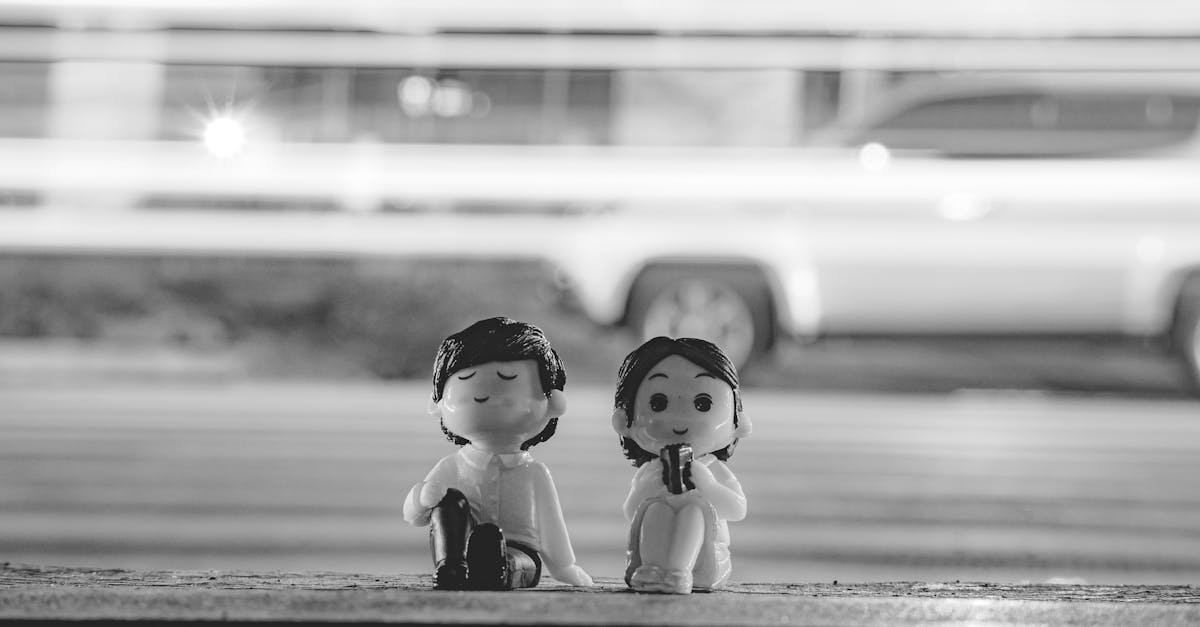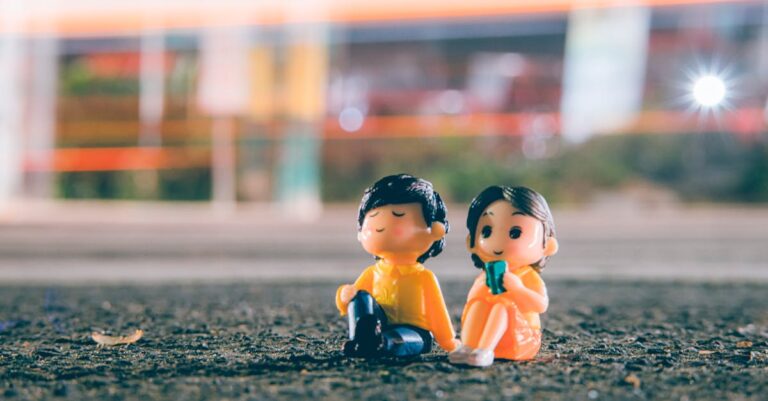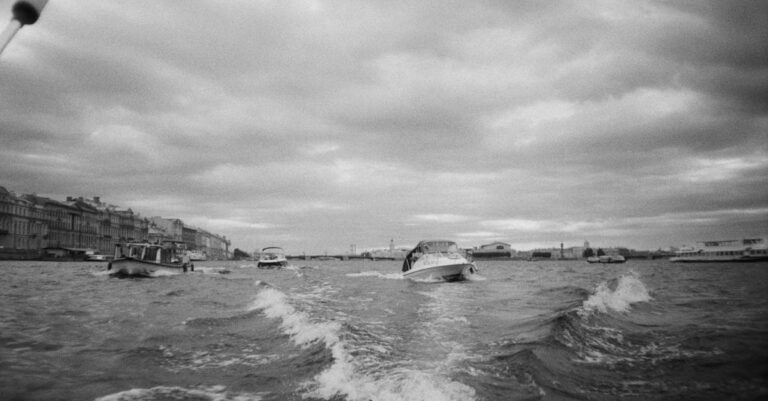
The air tasted of salt and possibility when Clara first saw him. He stood at the edge of the dock, sleeves rolled to his elbows, hands braced on the weathered wood as if steadying himself against something unseen. The sun hung low over the water, casting his silhouette in gold, and for a moment, she forgot to breathe. She’d been watching the horizon all morning, waiting for the storm that never came, but now her eyes locked on him—on the way his collar flapped in the breeze, on the faint scar along his jawline, on the way he turned his face toward the sea as if it might answer a question he’d carried for years.
Clara had never been one for waiting. She’d spent her life moving—between towns, between jobs, between the weight of her mother’s expectations and the pull of something she couldn’t name. But this place, this stretch of coast where the waves whispered secrets to the rocks, had a way of holding people in place. She’d stayed longer than she intended, working odd shifts at the diner and sleeping in a cabin so small it felt like being wrapped in a blanket. It was quiet here, too quiet, and the silence had a way of making everything sharper: the creak of the floorboards, the scent of pine resin, the way her own breath seemed to echo in her ears.
He didn’t notice her at first. When he finally did, his gaze met hers with an intensity that made her pulse quicken. It wasn’t the flirtatious kind, not yet. It was something else—curiosity, maybe, or the quiet recognition of someone who’d spent too long looking for a thing they couldn’t quite name. He stepped away from the dock and walked toward her, his boots crunching on the gravel, and she realized she’d been holding her breath again.
“You’re the one who fixes the lighthouse,” he said, stopping a few feet away. His voice was rougher than she expected, like sandpaper over stone.
She nodded, brushing a strand of hair from her face. “I’m the one who keeps it from falling apart.”
He tilted his head, studying her. “I’m Jace. I just got into town.”
“Clara,” she said. The name felt foreign on her tongue, like she was introducing a part of herself she hadn’t used in a while.
The wind shifted, carrying the scent of rain and diesel fuel. Jace’s eyes flicked to the horizon, where the sky had turned an ominous gray. “You’re staying, then?”
She hesitated. The question felt like a trap, but there was no malice in his tone—only the kind of patience that came from knowing he had time. “For now,” she said.
He nodded, as if that was enough. Then he turned and walked away, leaving her with the taste of uncertainty and the sound of waves crashing against the shore.
—
The lighthouse stood at the edge of the world, its white paint peeling in places, its beam a stubborn flicker against the dark. Clara had taken the job after her mother’s funeral, a way to outrun the grief and the memories that clung to every corner of their small town. She didn’t know why she’d stayed when the contract ended, why she’d let the silence of the place settle into her bones. Maybe it was the way the light cut through the night, or the way the wind howled like a living thing.
Jace showed up again the next morning, this time with a toolbox and a duffel bag slung over his shoulder. He didn’t ask questions, just started working on the generator, his hands moving with a certainty that made Clara’s chest tighten. She watched from the doorway, arms crossed, as he crouched in front of the machine, muttering under his breath. The sun glinted off the tool belt around his waist, and for a moment, she thought he looked like someone else—someone she’d known long ago, before the world had shifted beneath her feet.
“You’re not from around here,” she said, stepping closer.
He didn’t look up. “No.”
“Where’s home?”
He paused, then stood, wiping his hands on his jeans. “I don’t have one.”
The answer was simpler than she expected, and it unsettled her. She’d spent years building walls around her own answers, but he seemed to carry his like a secret he’d long since stopped trying to hide.
“You’re staying,” she said, not as a question but as a statement.
He met her gaze, and for the first time, she saw something in his eyes that made her stomach twist—something like hope, or maybe just the barest flicker of connection. “I think so,” he said.
—
They fell into a rhythm that felt both foreign and familiar. Jace worked on the lighthouse by day, fixing what had been broken for years, while Clara kept the cabin running with a precision that bordered on ritual. They didn’t talk much at first, just shared meals in the quiet hum of the kitchen, the sound of cutlery against plates and the occasional crackle of the radio. But there was a tension between them, like the air before a storm, and Clara found herself noticing things—how he lingered over his coffee, how he watched the horizon when he thought she wasn’t looking.
One night, after a long day of repairs, Jace found her on the dock, staring at the water. The moon was high, casting silver light across the waves, and the air was thick with the scent of salt and something else—something electric.
“You’re always out here,” he said, sitting down beside her.
She didn’t look at him. “It’s the only place that feels like it belongs to me.”
He was quiet for a moment, then said, “You don’t have to be alone, you know.”
She turned to face him, surprised by the certainty in his voice. “You don’t know me.”
“I’m starting to,” he said.
The words hung between them, and for once, Clara didn’t look away. She studied the way the moonlight caught in his eyes, the way his jaw tightened as if he was holding something back. There was a vulnerability in him that made her want to reach out, to pull him into the same quiet space she’d been hiding in for so long.
“What are you running from?” she asked, her voice barely above a whisper.
He didn’t answer right away. When he finally did, his voice was low, almost lost to the wind. “Everything.”
She didn’t know how to respond to that. It felt too much, too heavy, and yet she couldn’t look away.
“I don’t know what I’m doing,” she admitted.
He smiled, just a small tilt of his lips, and for the first time, she saw something in him that mirrored her own uncertainty. “Neither do I.”
—
The storm came without warning. One moment, the sky was clear, and the next, the wind was howling like a wounded animal. Clara had been inside the cabin when the first gust hit, rattling the windows and sending a shiver down her spine. She ran outside just in time to see Jace sprinting toward the lighthouse, his coat flapping behind him like a flag of surrender.
“You need to get inside!” she shouted over the wind, but he didn’t stop.
The generator was failing, the light flickering like a dying heartbeat. Clara grabbed a flashlight and ran after him, her boots slipping on the wet gravel. The door slammed behind them as they burst into the lighthouse, the air thick with the smell of oil and electricity.
“I can fix it,” Jace said, already moving toward the machine.
“You don’t know what you’re doing,” she countered, but he was already working, his hands moving with a precision that made her stomach twist.
“I do,” he said, not looking up.
The light flickered again, and for a moment, the room was plunged into darkness. Clara’s breath caught in her throat as the storm raged outside, the wind slamming against the walls. She reached for Jace, her fingers brushing against his arm, and he turned to her, his eyes wide with something she couldn’t name.
“Don’t leave,” he said, his voice steady despite the chaos around them.
She didn’t know if he was talking about the storm or something deeper, something they both feared but couldn’t quite put into words. But she nodded anyway, because for the first time in a long time, she didn’t want to run.
The generator roared back to life, casting the room in a warm, golden light. Clara exhaled, her body trembling from the adrenaline and the weight of everything that had just happened. Jace turned to her, his hands still smudged with grease, and for a moment, they just looked at each other.
“You stayed,” he said, as if it was a miracle.
She smiled, a small, uncertain thing. “I think I did.”
—
In the weeks that followed, the storm became a kind of marker, a moment that changed everything. Clara and Jace moved through their days with a quiet understanding, the silence between them no longer empty but filled with the weight of what they hadn’t said. They worked side by side, their hands brushing as they passed tools, their laughter rising above the sound of the waves.
There were still questions, of course—about his past, about her own fears—but they didn’t need to answer them right away. Some things, Clara realized, were better left untangled, like the threads of a tapestry that only made sense when viewed from a distance.
One evening, as the sun dipped below the horizon and painted the sky in hues of orange and purple, Clara found Jace on the dock again. He was staring out at the water, his expression unreadable.
“You’re going to stay,” she said, stepping beside him.
He didn’t answer right away. When he did, his voice was quiet, almost reluctant. “I don’t know if I can.”
She looked at him, really looked at him, and saw the fear in his eyes. It mirrored her own, a reflection of the things they both feared losing.
“Then don’t,” she said. “Just stay. For now.”
He turned to her, and for the first time, she saw something shift in him—something that felt like surrender, or maybe just the beginning of something new.
“Okay,” he said.
And that was enough.


